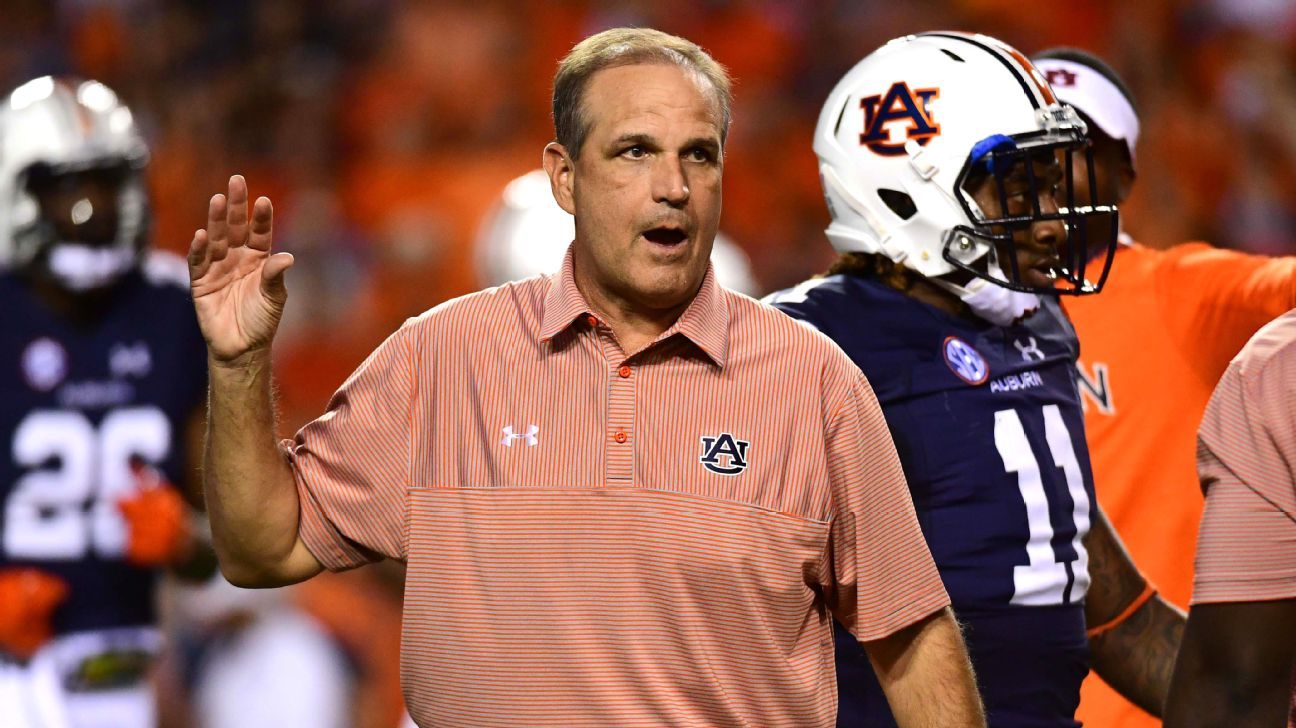Former Auburn defensive coordinator Kevin Steele has agreed to a deal to join the Tennessee football coaching staff, sources told ESPN.
Steele, 62, was Auburn’s defensive coordinator the past five seasons but was not retained by new Auburn coach Bryan Harsin, who hired former Vanderbilt coach Derek Mason as his defensive coordinator.
Steele, a finalist for the Broyles Award as the top assistant coach in college football during the 2017 season, has deep Tennessee ties. He played at Tennessee and started his coaching career at Tennessee, both under Johnny Majors. Steele was a finalist for the Vols’ head-coaching job in 2018 when Jeremy Pruitt was hired. Steele and Pruitt worked together on Nick Saban’s staff at Alabama.
While at Auburn, Steele’s defenses finished in the top 20 nationally in scoring defense in four of his five seasons on the Plains. He’s widely considered to be one of the top recruiters in the country and has worked for some of the biggest names in college football, including Bobby Bowden, Tom Osborne, Dabo Swinney, Les Miles and Saban. Steele also worked in the NFL as the linebackers coach for the Carolina Panthers from 1995 to 1998.
“He’s an outstanding coach and as strong as anybody I’ve ever seen in recruiting,” Bowden told ESPN.
Auburn owes Steele a little more than $5 million from the contract he signed last January, which at the time made him the highest-paid defensive coordinator in college football.
Steele returns to his alma mater amid an in-house inquiry into alleged improprieties within Tennessee’s football program that has been ongoing since November. The university announced last month that it had retained the services of Michael Glazier and Kyle Skillman with the Bond, Schoeneck & King law firm to assist in reviewing what the university said in a statement were “regulatory issues that have been brought to our attention.”
ESPN reported last week that Tennessee had not extended the contracts of assistant football coaches and had paused hiring coaches for vacancies while the Vols continue to investigate whether violations occurred within the program.
